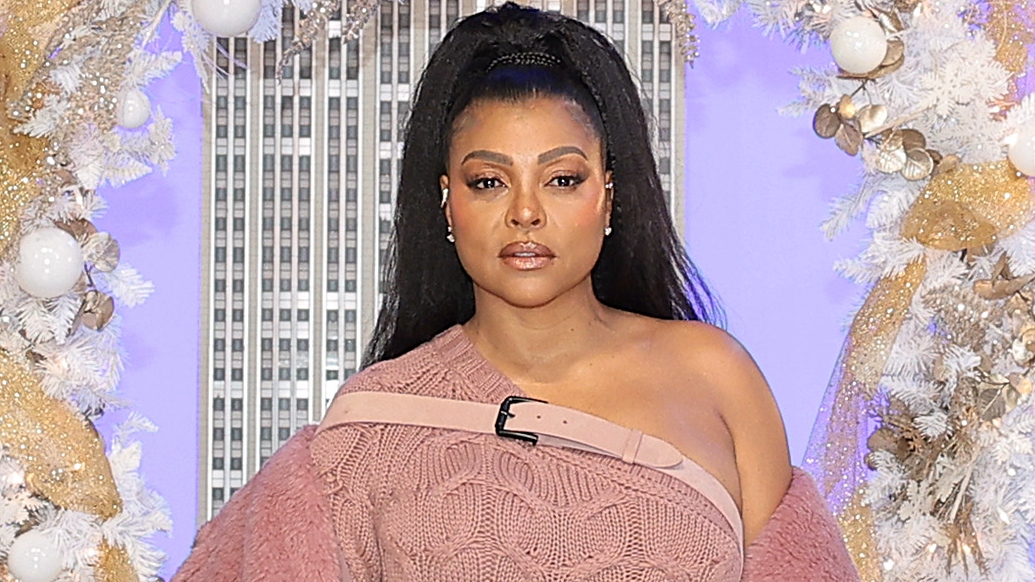“Notes on faith” is theGrio’s inspirational, interdenominational series featuring Black thought leaders across faiths.
Mo’Nique was right; there, we said it. The Oscar-winning actress, comedienne and talk show host told no lies when, after allegedly being “blackballed” within the industry and amid a subsequent bias dispute with Netflix, she talked about the persistent pay disparities Black women in Hollywood face and often fight alone, regardless of their accomplishments.
“It’s cost my family millions. It’s cost us generational money,” she said during a 2020 appearance on “Out Loud with Claudia Jordan.”
“[W]hen you know the history of Hattie McDaniel, when you know the history of Eartha Kitt … they gave everything, and the moment they say something ain’t right, they became ‘difficult;’ they became blackballed,” Mo’Nique further explained. “[A]nd most of them died in despair — alone with no families — because they gave it all to a place called Hollywood.”
During a recent interview with Gayle King for the press rollout of the highly anticipated musical film adaptation of “The Color Purple,” Oscar-nominated actress Taraji P. Henson tearfully echoed Mo’Nique’s concerns, reviving a sobering conversation about pay disparity, even amidst growing fanfare over her performance as Shug Avery.
“It seems every time I do something and I break another glass ceiling, when it’s time to renegotiate, I’m at the bottom again, like I never did what I just did,” Henson confessed, explaining why she’s considered leaving acting altogether. Across industries, her story is resonating for Black people — and for Black women, especially — because their exploitation is the American way.
Henson and Mo’Nique, along with fellow Oscar winners Halle Berry, Viola Davis and Octavia Spencer, and two-time nominee and Academy honoree Angela Bassett, among others, have long told us how…
Read the full article here



